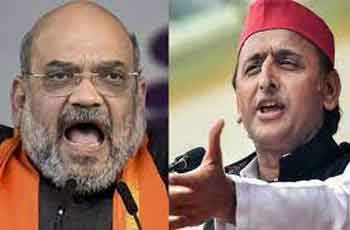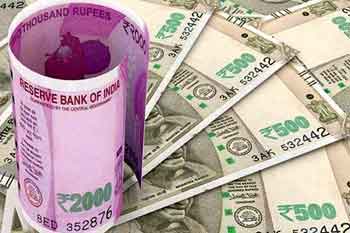Understanding the Political Dynamics: Samajwadi Party Walkout in Vidhan Parishad Over Caste Census and KGMU Recruitment Reservation- In a significant political development, members of the Samajwadi Party (SP) staged a walkout from the Vidhan Parishad on Wednesday. The move was in protest against what they perceived as the Bharatiya Janata Party (BJP) government’s neglect of the rights of backward classes, particularly in relation to caste-based census and reservations in recruitment at King George’s Medical University (KGMU).
The Core Issues: Caste Census and KGMU Recruitment
The SP members voiced their discontent over two primary issues. Firstly, they expressed their concerns about the alleged disregard for caste census in Uttar Pradesh. Secondly, they highlighted the perceived oversight of reservation policies in the recruitment processes at KGMU.
BJP’s Stand on Caste Census and Reservation in Recruitment
In response to the SP’s allegations, Keshav Prasad Maurya, the Leader of the House and Deputy Chief Minister, defended the BJP’s stance. He asserted that senior BJP leaders and he himself support the caste census, emphasizing that it is within the central government’s purview to conduct such a census. Maurya reassured that the BJP government does not overlook reservations in recruitments and that immediate action is taken upon receiving any complaints in this regard.
Samajwadi Party’s Demands and Accusations
The SP, through Shah Nawaz Khan, proposed a work stoppage motion, demanding the implementation of a caste-based census in Uttar Pradesh. Another prominent SP leader, Swami Prasad Maurya, stressed the necessity of a caste census for equitable distribution of resources. Naresh Uttam Patel, an SP member, accused the BJP of working against the interests of backward classes. The party’s strong stance reflects their commitment to the rights and representation of these communities.
Political Rhetoric and Counter-claims
The political discourse further intensified as Keshav Prasad Maurya criticized the SP for their alleged inaction on the caste census issue during their tenure in power. He pointed out that the public has repeatedly rejected the SP in various elections. In a sharp retort, Lal Bihari Yadav, leader of the SP legislative party, contested Maurya’s statement by highlighting his recent electoral defeat, illustrating the ongoing political rivalry and contention between the two parties.
Conclusion of the Session: Protest and Rejection of the Motion
The session culminated in heightened drama as Kunwar Manvendra Singh, the Chairman, rejected the work stoppage motion proposed by the SP. This led to SP members raising slogans and exiting the parliamentary session in protest.
The Implications of the Walkout: A Political Analysis
This incident is not just a standalone event but reflects deeper political undercurrents in Uttar Pradesh. It highlights the ongoing struggle for social justice, representation, and political power. The walkout by the SP underscores the party’s strategy to position itself as a champion of backward classes’ rights, leveraging issues like caste census and reservation policies as key political tools.
Looking Ahead: Political Landscape and Social Justice in Uttar Pradesh
The political discourse around caste census and reservation policies will continue to shape the socio-political landscape of Uttar Pradesh. The stance taken by parties like the SP and BJP on these issues will be crucial in determining their political fortunes and, more importantly, the realization of social justice and equality in the state.
In conclusion, the walkout by the Samajwadi Party in the Vidhan Parishad over issues of caste census and KGMU recruitment reservation is a significant political event. It reflects the ongoing complexities and challenges in achieving social justice and fair representation in one of India’s most populous states. As the political narrative unfolds, it remains to be seen how these issues will shape the future of Uttar Pradesh’s socio-political fabric.












